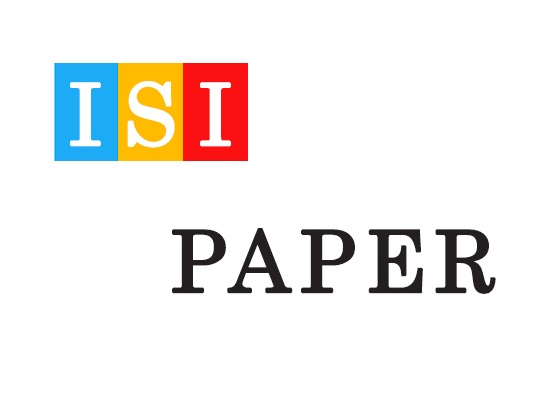دانلود رایگان مقاله ISI درباره حاکمیت شرکتی،بحران مالی و تصویب داوطلبانه
دانلود رایکان مقاله انگلیسی ISI با موضوع ساختار حاکمیت شرکتی داوطلبانه و بحران مالی

عنوان فارسی مقاله:
ساختار حاکمیت شرکتی داوطلبانه و بحران مالی: سندی از استرالیا
عنوان انگلیسی مقاله:
Voluntary corporate governance structure and financial distress: Evidence from Australia
دانلود رایگان مقاله ISI با فرمت PDF:
مشاهده توضیحات کامل و خرید ترجمه فارسی با فرمت ورد تایپ شده:
بخشی از مقاله انگلیسی :
2. Hypotheses development
2.1. Board independence
Agency theorists argue that outside directors provide a means for monitoring management activities through an increased focus on firms’ financial performance, resulting in the minimisation of agency costs (Fama and Jensen, 1983). Rutherford and Buchholtz (2007) further claimed that an increase in the proportion of outside directors is positively associated with the level of board vigilance, which helps in reducing the degree of information asymmetry and ultimately increases the board’s information quality. Others claim that higher representation of outside directors on boards is a viable way of co-opting the environment and reducing uncertainty surrounding strategy development and execution (Pearce and Zahra, 1992). Bathala and Rao (1995) and Rediker and Seth (1995) reported that outside directors play an important role in effective corporate governance, especially in terms of decision-making and control functions. Concerns about reputation effects and the ability to attract other directorships are also expected to motivate outside directors to maximise the financial health and value of firms under their stewardship. This is despite the fact that Chou et al. (2010) identified that if outside directors only focus on shareholders’ interests and not those of debt holders then, controlling for the magnitude of firm leverage, they may actually have an incentive to make less effort if firms have a higher degree of financial distress. Elloumi and Gueyle (2001) found that independent directors play an important role in enhancing a firm’s financial conditions, supporting the belief that inside directors lack objectivity and independence from management. Thus, consistent with agency and monitoring arguments, we hypothesise that: H1. There is a negative association between board independence and financial distress.


